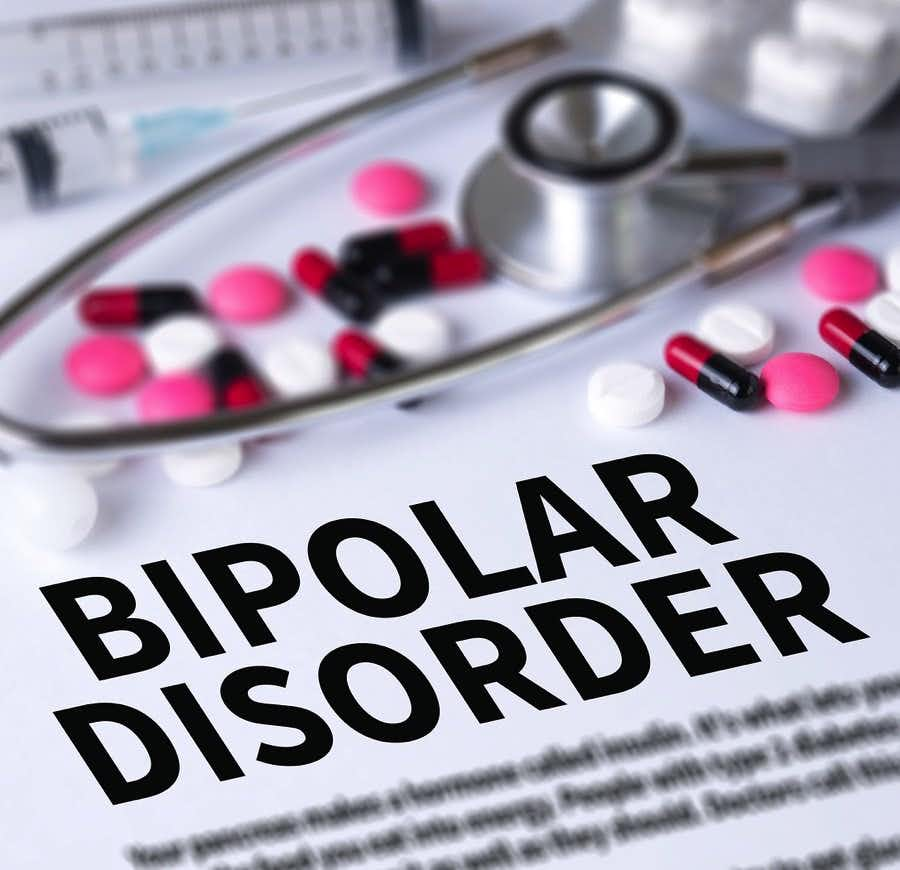
I worked in the Neuropharmacology Laboratory at the New Jersey Neuropsychiatric Institute between 1967 and 1969. The head of our lab was Carl Pfeiffer, MD, PhD. He was considered the father of orthomolecular medicine. Dr. Pfeiffer believed that biochemical imbalances in the brain contributed to mental illness and that natural substances could be beneficial. He was especially interested in trace minerals. He was involved in early research on the use of lithium for the treatment of what was then called manic-depression (Journal of Clinical Pharmacology, Sept.-Oct, 1969). Lithium was approved by the FDA for bipolar disorder in 1970. Although this mineral is helpful, lithium damages kidneys if the dose is not monitored very carefully.
When Lithium Damages Kidneys:
Q. My brother took lithium for many years to treat bipolar disorder. Apparently, the dose was too high, as he now has badly damaged kidneys.
While it helped his bipolar disorder tremendously, the effects on his body should have been monitored closely, and the dosage should have been as low as possible. Please warn your readers about this danger.
A. Lithium is considered a first-line treatment for bipolar disorder. That’s the good news. The bad news is that if doctors are not careful, lithium damages kidneys. The prescriber must monitor lithium levels and kidney function frequently to detect problems before they become irreversible.
Some psychiatrists may not be aware of recommendations to use estimated glomerular filtration rate (eGFR) rather than just creatinine (BJPsych Bulletin, Aug. 2017). Monitoring should be conducted at least twice a year and possibly as often as every two to three months for high-risk patients.
When Lithium Damages Kidneys:
We interviewed Jaime Lowe about her experience with lithium. She developed bipolar disorder as an adolescent. Lithium at standard doses was the medication that helped stabilize her life, but it also wrecked her kidneys.
She became fascinated with the compound and dug deep into its story. She even traveled to a famous place in Bolivia, Salar de Uyuni, where it is mined. Find out what it feels like to experience a bipolar episode and how lithium helped and harmed Ms. Lowe by listening to the podcast at this link:
What You Should Know About Lithium
In this podcast, learn how low-dose lithium may help treat mental illness, and how bipolar disorder can disrupt everyday life. How does lithium help?
You can listen to the interview with Jaime and Dr. Nassir Ghaemi, a psychiatrist specializing in bipolar illness. He is an expert in low-dose lithium treatment for depression. You can hear these interviews by clicking on the white arrow inside the green circle below Dr. Ghaemi’s photo or you can scroll to the bottom of the page and click on the mp3 link.
Readers Describe the Pros and Cons of Lithium:
Sigmund notes that lithium damages kidneys but says lower doses are safer:
“I am a retired clinical psychologist who took 1200 mg lithium carbonate beginning in 1986 for type 2 bipolar disorder. When my kidneys weakened, my lithium dose was reduced to 150 mg. My mood and kidney function have been normal. I had developed a peripheral neuropathy, and it disappeared promptly after the lithium dose was reduced.
“I follow the literature closely on low-dose lithium for neuroprotection. Neither of my neurologists are concerned about my low-dose lithium. My nephrologist remains skeptical about low-dose, but the medical literature does not support his view.”
Linda and her sister benefitted from low-dose lithium:
“Lithium saved my bipolar sister after years of mania and crazy behavior that nothing else helped. My father would probably still be here today if he had been correctly diagnosed.
“Lithium brought me back to sanity after 9 months of mania that ended in crisis before I got help. My lithium levels were monitored. I can’t help but think a natural remedy is so much better than psychoactive drugs such as Thorazine. The low dosage therapy sounds like an answer for some people.”
Cindy describes how lithium damages kidneys:
“Be very careful with dosages of lithium and the length of time you take it for bipolar disorder. After 28 years of taking it I have chronic kidney disease that is gradually advancing. Lithium is the ‘gold standard’ for treating bipolar disorder. It did help me, but one needs to measure the pros and cons.”
Don’t forget to listen to our podcast about “What You Should Know About Lithium.”
You can also learn more about lithium side effects and signs of lithium toxicity at this link.

